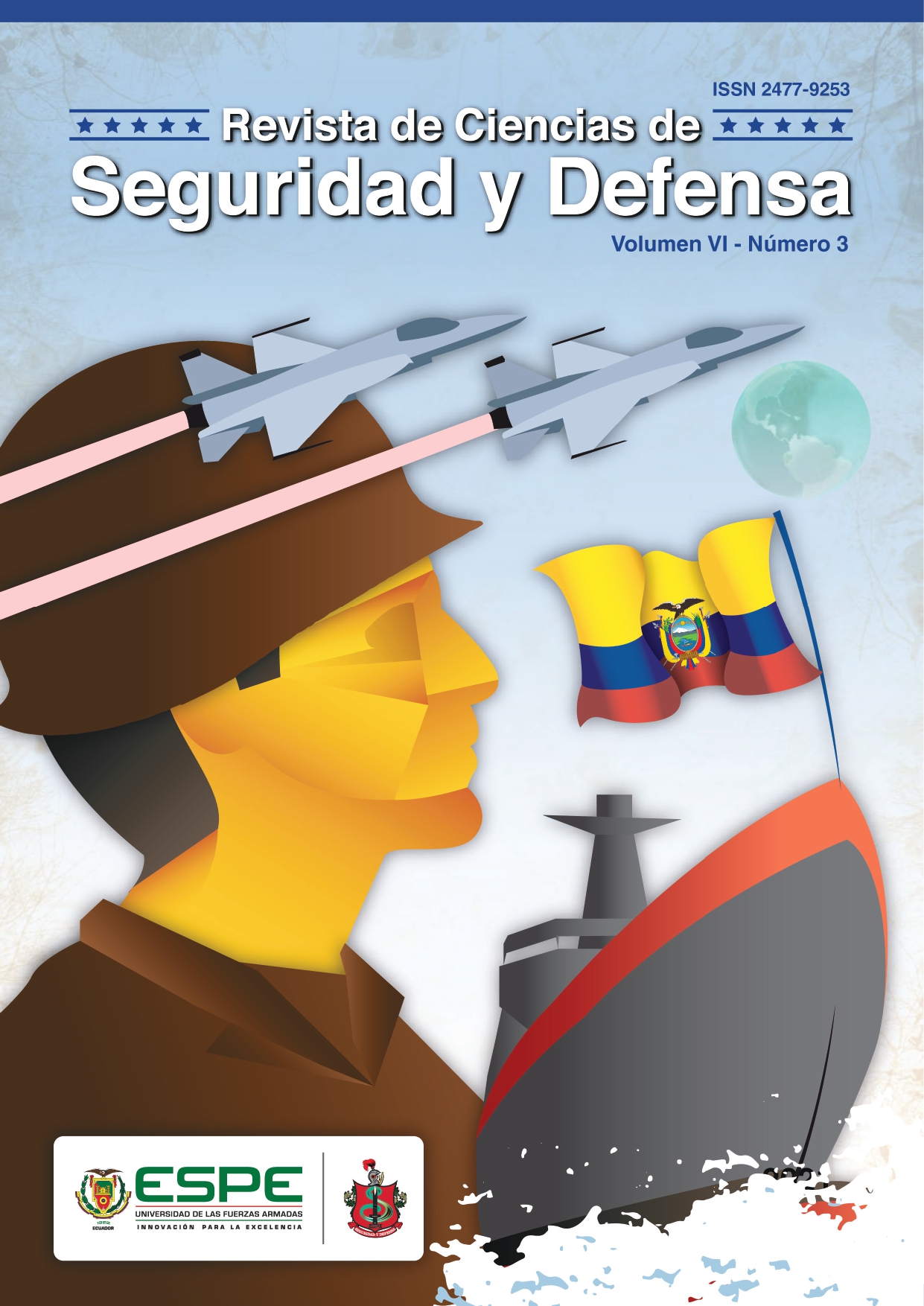TRANSFORMACIÓN DIGITAL EN LA EDUCACIÓN EN EL ÁMBITO DE LA PANDEMIA COVID-19: APLICACIÓN EN CIENCIAS EXACTAS EN LA ESMIL
Contenido principal del artículo
Resumen
En el presente artículo se analiza el impacto del uso de herramientas tecnológicas que permiten optimizar el proceso educativo de los cadetes de la Escuela Superior Militar Eloy Alfaro, en el área de Ciencias Exactas, en el contexto de la pandemia ocasionada por la COVID-19. Por esta razón, se decidió promover el uso de las Tecnologías de la Información y las Comunicaciones para continuar las labores, mientras persistió la declaratoria de los estados de excepción decretados por el gobierno nacional y el distanciamiento social; adecuando los procesos de enseñanza y aprendizaje, así como las técnicas de evaluación. Para ello, se utilizaron varias metodologías de enseñanza o tele-educación (e-learning). Se usó el Zoom para dictar las clases virtuales de Ciencias Exactas y se utilizaron las herramientas de Google Suite para evaluación y coordinación entre profesores y estudiantes. También se acudió a la aplicación del OneNote y pizarras digitales, que facilitan la enseñanza de la asignatura, en forma virtual. Se presenta el análisis estadístico y los resultados de evaluación obtenidos y se confirma que el uso de las herramientas tecnológicas usadas para dictar las clases en forma virtual, son efectivas ya que no existe mayor variación en el promedio alcanzado en años lectivos anteriores a la pandemia. También se verifica la necesidad de que los procesos involucrados en la transformación digital se implementen en la ESMIL, con el objetivo de mejorar las estrategias de enseñanza – aprendizaje y se promueva un ambiente de aprendizaje inteligente.
##plugins.themes.bootstrap3.displayStats.downloads##
Detalles del artículo
Sección

Esta obra está bajo una licencia internacional Creative Commons Atribución-NoComercial 4.0.
Politicas de acceso y reuso
El autor, conserva el derecho a ser propietario intelectual del artículo y podría solicitar al Director de la Revista el uso posterior de este trabajo.
El lector, tiene derecho a enviar los comentarios que crea conveniente sobre los artículos de la revista, y a participar en los foros que se organicen en torno de los artículos de la revista.

